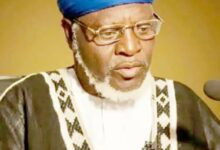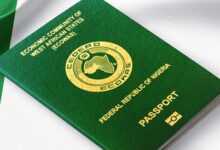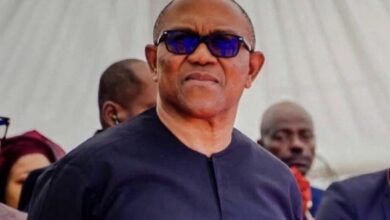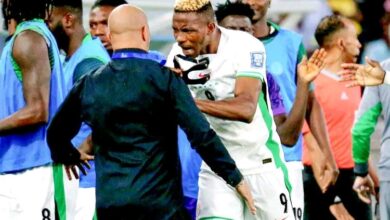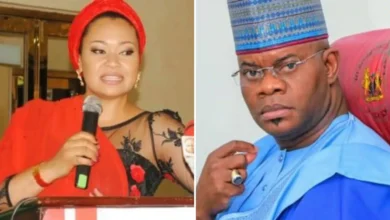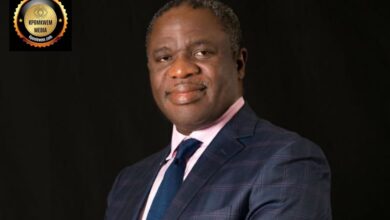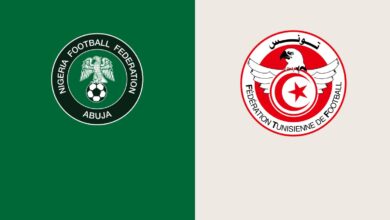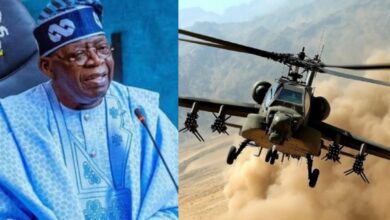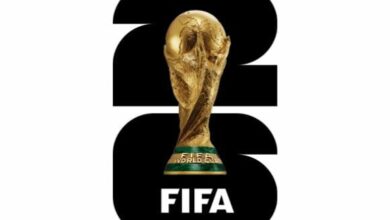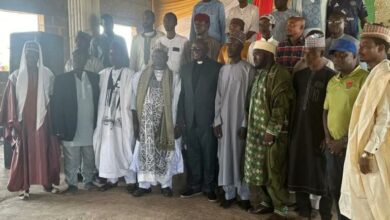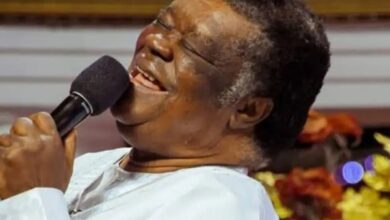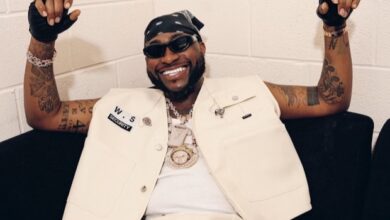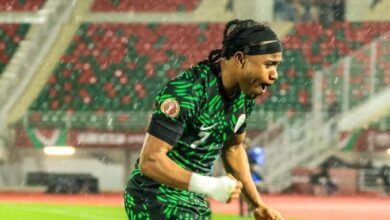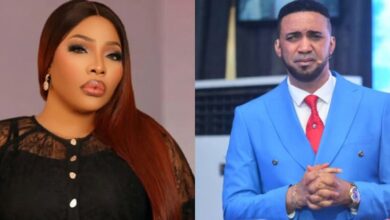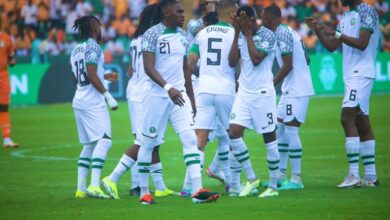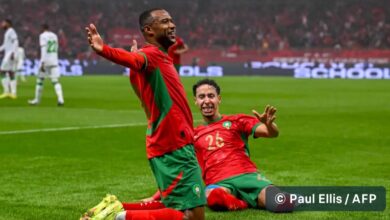“Cristiano Ronaldo: ‘Donald Trump Can Change the World’”
“Cristiano Ronaldo: ‘Donald Trump Can Change the World’”
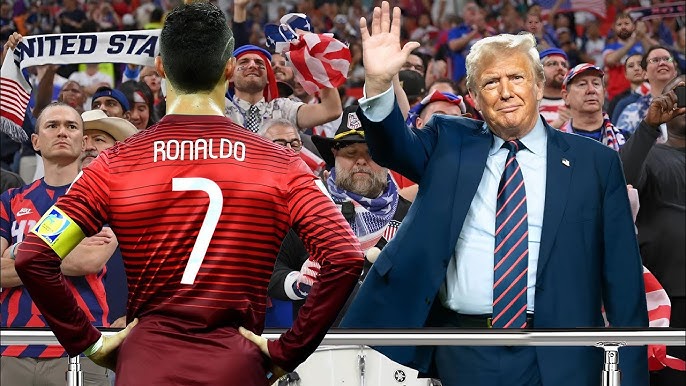
“Cristiano Ronaldo: ‘Donald Trump Can Change the World’”
In a recent interview with Piers Morgan, Cristiano Ronaldo, the Portuguese football icon, made headlines by saying that Donald Trump “is one of the guys that can change or help change the world.” This comment, brief though it may be, is both provocative and illuminating highlighting how global figures from sport can venture into political or diplomatic terrain, intentionally or otherwise.
The remark follows Ronaldo’s act earlier this year of gifting Trump a signed Portugal No. 7 jersey bearing the message: “To President Donald J. Trump, Playing for Peace.”
Ronaldo was asked specifically: “Why did you write ‘Playing for peace’ on the jersey you sent to President Trump?” He answered: “He is one of those people who can change or help change the world.”
By saying Trump is “one of the guys that can … change the world,” Ronaldo is acknowledging the magnitude of Trump’s role on the global stage not necessarily endorsing specific policies, but recognising capacity.
Sport icons who comment on politics or diplomacy inevitably blur the lines between their primary field (football) and global affairs. Ronaldo’s gesture and words suggest an innocence of intent (peace message) but carry significant symbolism.
“He’s one of the guys that can help to change the world.”
This ambiguity opens space for praise, critique or cautious distancing depending on one’s vantage.
Associating positively with Trump is risky. Trump remains a deeply polarising figure globally. A statement of potential praise can be interpreted in many ways as endorsement, as naive admiration, or as neutral acknowledgement of power.
From Ronaldo’s brand perspective, sport stars draw fans from across political divides; such commentary can alienate as well as attract.
Ronaldo’s immediate context is a peaceful message via a jersey: “Playing for Peace.” It appears more gesture than manifesto.
His professional domain remains football; there’s no overt policy-driven backing of Trump.
Often, public figures make such comments with dual purpose — diplomacy/branding + message of goodwill rather than full policy alignment.
The incident underscores how global athletes are no longer confined to their sport. They operate in broader arenas: diplomacy, branding, geopolitical optics.
From Ronaldo’s side: Leveraging global reach his gesture and words will ripple beyond Portugal or Saudi Arabia into the global football audience.
Cristiano Ronaldo’s statement that “Donald Trump … can change the world” is short but significant. On the face of it, it celebrates potential: the power of one individual to shape global affairs. Yet beneath the surface lies complexity: mixed interpretations, brand dynamics, political risk, symbolic weight.
For Ronaldo, this is likely an extension of his global persona: athlete, icon, influencer. For Trump, it’s an inadvertent nod from one of the world’s most recognisable sports figures. For us observers, the moment invites reflection: when celebrities cross into remarks about world leaders, we should ask not only what is being said, but why, how, and to what end.
